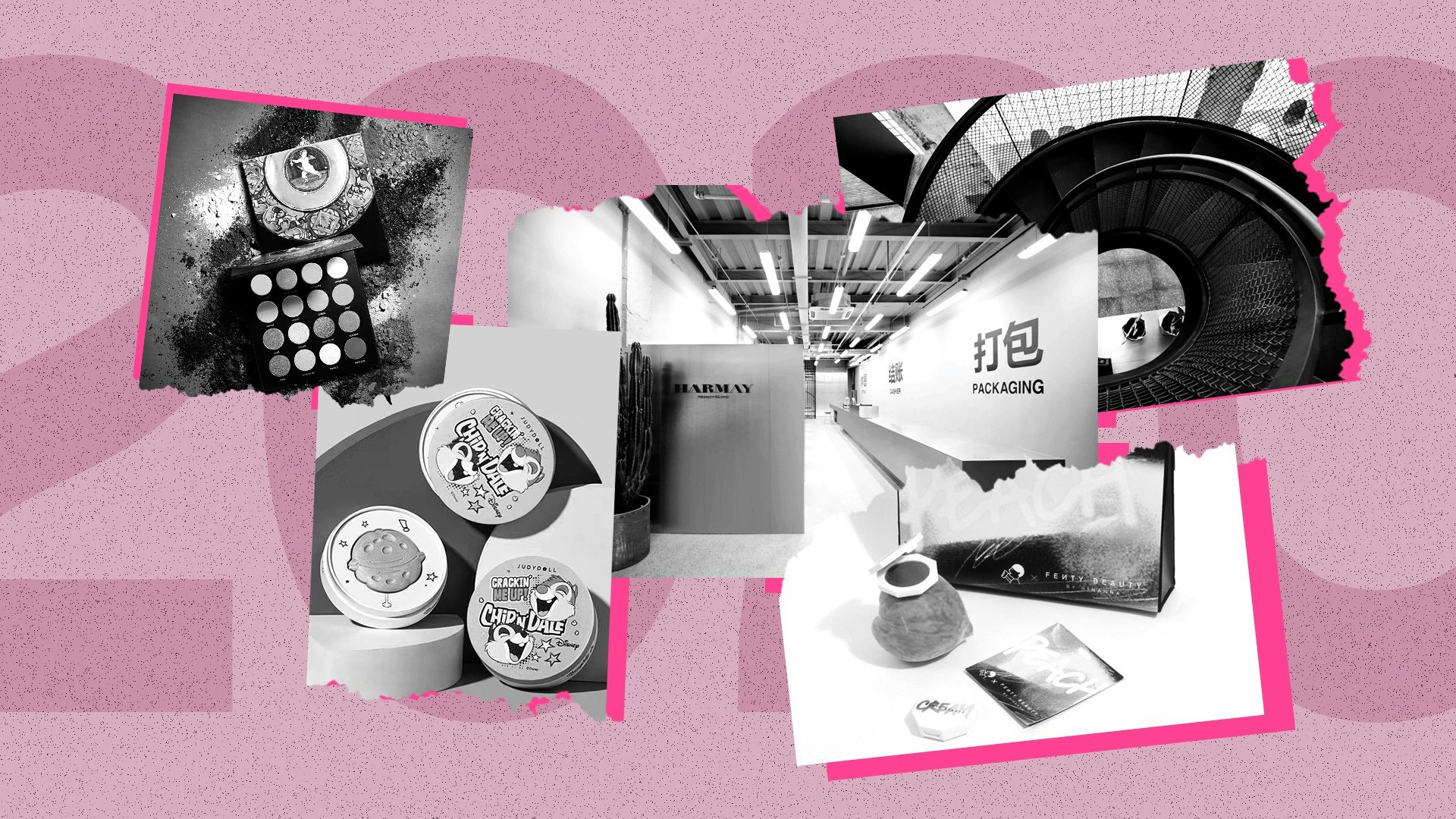As compared to its steady growth of the past few years, beauty consumer habits in China saw radical changes over the first half of the year, due to the COVID-19 pandemic. Those boom years were met with the rise of C-beauty, which has used a cultural advantage and wallet-friendly price tags to reach China’s young consumers. And even Chinese men, who now feel more comfortable using beauty products, helped drive sales in relevant sectors.
This year has seen an acceleration of business innovations and consumer trends in the C-beauty space. In attempts to connect with consumers outside their imminent influence, Judydoll’s Judy Color Lab (much like Nike’s NikeLab) collaborated with artist Santu Song, and Huaxizi partnered with the top livestreamer Li Jiaqi to launch limited-edition makeup sets in October. Meanwhile, D2C retailers and brands like Perfect Diary, Harmay, and The Colorist have furthered their physical expansions. And even Chinese men, who now feel more comfortable using beauty products, helped drive sales in relevant sectors.
Now, let’s jump into Jing Daily’s picks for the top-three C-Beauty trends of 2020. For more of our 2020 end-of-year reviews, read here.
Collaboration with artists, KOLs, & non-beauty brands#
C-Beauty brands are daring to reach out beyond their immediate target audience by working with brands outside the cosmetics field. The recently IPOed Perfect Diary collaborated with the British Museum in 2018 and is a poster child for such pairings. But we cannot overlook the rising C-Beauty stars that have successfully launched partnerships since then.
A few notable examples this year include Judydoll’s Judy Color Lab, which collaborated with the Chinese artist Santu Song, and Huaxizi, which teamed up with top Chinese livestreamer Li Jiaqi to launch limited-edition makeup sets. Meanwhile, Girlcult’s blush collaboration with the Japanese cartoon character Kobitos sold a whopping 570,000 units in just a few months.
This concept seems to have inspired certain Western brands, too. In April, Rihanna’s beauty brand, Fenty Beauty, announced a collaboration with the popular Chinese tea shop HEYTEA in the form of a social media lottery to promote its “Cheeks Out” Cream Blush ($20). Read more
Using brick-and-mortar to establish physical connections#
Many of the C-Beauty retailers and brands that were born as direct-to-consumer (D2C) sellers are moving offline to develop physical connections with young consumers. As such, China saw Perfect Diary, Harmay, and The Colorist all make further retail expansions in 2020.
Harmay, the Chinese beauty retailer that was founded on Taobao in 2010, already had three stores in Beijing, Shanghai, and Hong Kong before 2020. The three locations have been top spots for young consumers to visit and post about on Little Red Book and Douyin. Recently, the retailer opened its fourth store in Chengdu.
The other C-beauty star is The Colorist, which is run by the Guangdong-based KK Group and opened its first two stores simultaneously in Guangzhou and Shenzhen in October of 2019. Since then, these stores have consistently welcomed over 15,000 visitors daily. And by April of 2020, The Colorist had expanded to over 60 stores in 20 cities nationwide. Read more
The sky's the limit for male beauty#
Another existing trend that was boosted by COVID-19 is male beauty. Back in 2018, a report collaboratively released by Vipshop.com and JD.com stated that 96 percent of Chinese men purchased cosmetics over the previous year. This year, male beauty content views on Little Red Book enjoyed 67-percent growth in volume, year-on-year.
It seems that younger Chinese men are confident enough to try out these new cosmetics and skincare products. The capital market has also tried to catch up with this growing demand, with the Chinese male beauty brand Just A Cool Brand (JACB) recently completing its angel-round of investment. Read more
